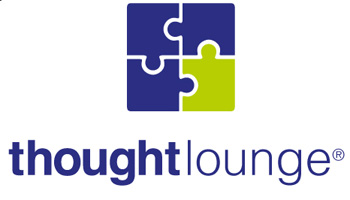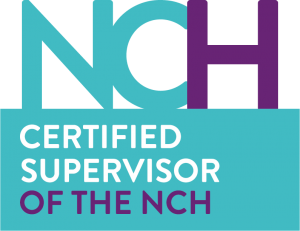Too Familiar for us British?

Background
In a recent post on LinkedIn it was suggested that people don't like to give away their personal information, Starbucks style. The dread and confusion when the barista writes the person's name on the coffee cup. It was stated that an individual was asked for her name and so she gave a false one. From the comments following the post, there were a number of us who agreed that we didn't really like doing this. I completely understand this as I pretty much feel awkward doing this and have my 'name' ready on the rare occasions that I go into the store, but why? I am not sure - I think that I don't wish people to know or even to shout out my name, almost feels like they are singling me out in public. In addition, there seems something false about having to give your own personal name for it to be shouted out into the store so that everyone knows who you are - it doesn't feel right, it feels like we are giving something away - giving away something highly personal about ourselves - like someone will judge us - oh the social embarrassment!
Discussion
The original author of the post approaches this from the perspective of a trainer. She suggests that by giving away something personal in this environment relates to the typical icebreaker at the beginning of a training session or seminar - "Tell me your name and what you want from the module/session" isn’t this is what we trainers do to break the ice or to play some sort of game, to build rapport to make people feel more comfortable? The author is suggesting that there is a link between the Starbucks experience and the training session, people feeling less comfortable with the ice breaker than we believed or knew? This would appear initially to be true - but there is something different about the training room or indeed the coaching or therapy room.
The main key difference is that, on the whole, people wish to be there in the training room, certainly in a more private environment where often people already know one another, generally speaking of course. People are expecting to be challenged, for isn’t being challenged and forced to reflect, isn’t this an aid to the overall learning experience? Of course, how else would we know, as trainer, who we are speaking to? How would we know how to tailor a session to the customers wish or what the particular knowledge gap is? How do we know what experience already exists? There is a difference in that the training room isn't a public space - is there really a true correlation between the two experiences?
The Starbucks model has employees that are asked to build self-discipline in a routine and repetitive environment whilst being commitment to provide a humanistic approach - the CEO if Starbucks stating that "it [the coffeshop] is a people environment where they [customers] are given more than an expensive cup of coffee, it’s an experience". Where does this originate, well, it is in the US. Does this approach work? Well, it’s an American model, it could therefore well be a cultural difference - perhaps it is just simply a British rejection of a seemingly false attempt at getting to know people,by people who will not really ever know them properly? As British, we spot the social faux pas. I have no knowledge of the effectiveness or if this works in the US, I would be interested in knowing of course.
Other coffee shops, chains, don't have this approach, e.g. Costa just passes the coffee by remembering who bought it, the chain/process bring smaller. Its okay though because we are a nation of those who enjoy a good queue - and goodness grief we wouldn't dream of taking someone else's coffee by mistake!!
Conclusion
There isn’t really, I feel, any distinct read across between providing our name in public, Starbucks, and the training room. I believe that there are two main reasons why the experience differs:
- This is the UK and not the US and would therefore offer an explanation of the inherent cultural dislike of giving our name to strangers in public – even if we know that no-one is listening anyway.
- Public space. When we visit Starbuck’s we are in a public place versus a relatively closed and private space. During the time of the course we will get to learn about our cohort and need to know them. So, this provides a major difference.
To summarize, I don't expect to do anything different into the future, apart from maybe giving people the option of responding. Of course this could be argued that if they don’t there is some power dynamic at play and that they may be penalized for not doing so. By giving the choice and thus helps to provide the trainer with differing knowledge on their audience. Reflection, changing behavior, thinking and perceptions is crucial to our continuing high performance into the future. As a trainer, or as a recipient of training, what will you do in the future?
As always,
My thanks for reading,
Iain





